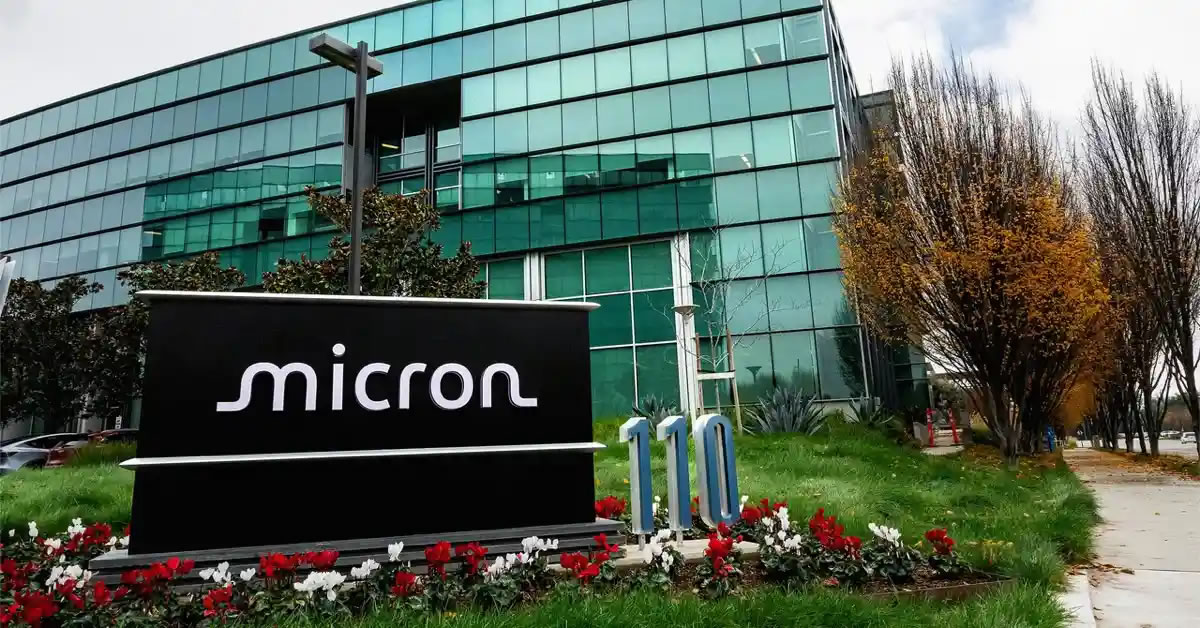Half as much of business-relevant data is now kept in the cloud. These numbers have been on the steady rise of more than thirty percent over the past five years only. This dramatic shift in technological priorities is expected only to skyrocket in the coming months.
A key reason for this is a game-changing shift in attitude towards remote work – even as the pandemic is abating, hybrid work models are here to stay. This leads users to increasingly migrate their corporate data to the cloud. Where does this leave traditional data centers that toil away in the shadow of a global cloud? The professionally organized decommissioning operation seems to be the way to go, but this raises many key questions you better discuss with your provider in advance of any first step.
What Can You Expect from Data Center Decommissioning?
2022 is the milestone year for IT asset decommissioning, with as many as 90% of the companies seeking to replace their on-premise data centers, but not before preparing them for a safe and honorable discharge from service. Cloud storage or colocation, the sky is virtually the limit when it comes to finding a new home for your corporate data. This transition makes data centers increasingly irrelevant, leading businesses to seek out the shortest and safest path to decommissioning these complex systems.
The decommissioning options for data centers are diverse and they reflect the changing circumstances in the field. These options range from simple decommissioning and safe treatment of laptops to whole on-site systems. Whatever you choose, the best option to handle these operations is to hire an IT asset decommissioning provider preferably with specialized professional experience in handling data centers.
Whatever you go for, there are some essential considerations you need to present to a provider of your choice. Actually, scratch that one – pick a provider based on how well they can provide you with answers to these questions.
How Does Your Provider Intend to Manage Your Project?
- First, you need to ask what type of planning and management resources will be allocated for your data center decommissioning project.
- Ask about resource scheduling i.e. the processes your vendor aims to implement to efficiently allocate resources for various tasks. Let your provider present you their logistic management plans to the tiniest detail.
- Ask about their operational capacity to manage the decommissioning jobs and the track record in this segment.
- If you are running multiple sites across the globe, ask your provider if their services are provided uniformly in all areas? If not, which locations are covered at the moment, and to what degree?
What About Health and Safety?
- Check if your provider plans to take a survey of your assets and perform health and safety checks.
- If yes, confirm if it is a virtual tour of the premises or an on-site survey or both.
- Have the provider give you all the details of the planned operations and do not be afraid to ask for clarifications if short on expertise.
- Ask your provider about the treatment of raised floors or electrical wiring.
- What type of decommissioning equipment is used for these operations and what standards of safety for the personnel and the equipment are applied?
How Does Your Provider Ensure Smooth and Non-Invasive Decommissioning?
Decommissioning a data center may seem like a daunting task, but you do not often have the luxury to press the pause button on your business operations. So, have your provider answer the following:
- How do they intend to shield you from disruptions to your workflow while preparing for and proceeding with the decommissioning?
- Does your provider have specialized teams that can shorten the disruption time, minimize costs and support the continuity of workflows?
- What’s the work schedule like, are weekend or after-hours activities planned on a standard or individual case basis?
- Are the deinstallations of devices and components performed on-site?
- Are there some no-touch electronic devices or components that your provider refuses to handle as part of the standard practices or in this particular case?
- Does your decommissioning vendor provide its clients with a list of assets that can be deinstalled?
- What’s the exact scope of the decommissioning operations in terms of requiring assistance from your own personnel? Who will handle the removal of devices from racks, the management of cables, and server racks and cabinets?
How Does Your Provider Sanitize Your Data?
IT assets inevitably reach the end of their life cycle. Data centers are a special case here, as they often feature storage devices containing sensitive corporate data. So, before these are decommissioned, prepared for recycling or reuse, they need to be sanitized i.e. provided with full and thorough deletion of all data that needs to be rendered irrecoverable. This is an important segment of a decommissioning process, meaning that you need to take this matter up with your provider with the help of the following questions.
- What are the details of the data sanitization/destruction process? Is shredding performed on-site?
- Does the data sanitization process come with a system of external audits that need to be performed regularly?
- Is the chain of custody supported for each device?
- What industry standards and best practices are observed when performing data destruction for storage devices?
- Does your decommissioning provider implement the practice of regular checkups of asset serial numbers and compare them with the information featured on the lists they are supplied with?
How Does Your Provider Manage Logistics and Insurance?
Securing all logistical aspects of the decommissioning process starts from the earliest stages of the project. Knowing as much as possible about it in advance means that you can know what to expect at all times while getting rid of your assets.
- Ask your decommissioning provider to walk you through every step of the logistical treatment of your assets. How do they ensure the safety of transport, from the initial physical handling to the final destination for the disposal of the assets?
- How do the vehicles used in these operations conform to the security standards? Are they fully sealed, provided with adequate covering, and protected from unauthorized access and tampering?
- What about the quality of the transport packaging? Does it employ the latest in smart packaging technologies such as RFID or tamper-free seals?
- Ask your provider about the implementation of Transported Asset Protection Association standards. These encompass the practices that can minimize the exposure to the theft of transported goods and cargo during logistical operations.
- What type of insurance is supported for the decommissioning process?
How Can You Earn from a Decommissioning Project?
Yes, this is a realistic and highly desirable prospect, allowing you to have your assets pay themselves off with the maximum return value up until and even after their lifecycle expires.\
- Ask your provider about the resale or recycling options on offer.
- What are the standard practices for assessing fair value for the IT assets you need to decommission? What about servers marked for resale, for instance?
- Are the recycling operations supported in-house by your provider or by third parties?
- Does your provider work with all types of materials involved? How are these materials managed?
- What types of global standards are applied in this case? What’s the impact of local regulations in this process?
- How does your provider decide on the percentage of assets that are set aside for retirement, reuse, or recycling? What about the material that cannot be salvaged, is it disposed of at a landfill?
- Are the principles of circular economy applied throughout the decommissioning process?






